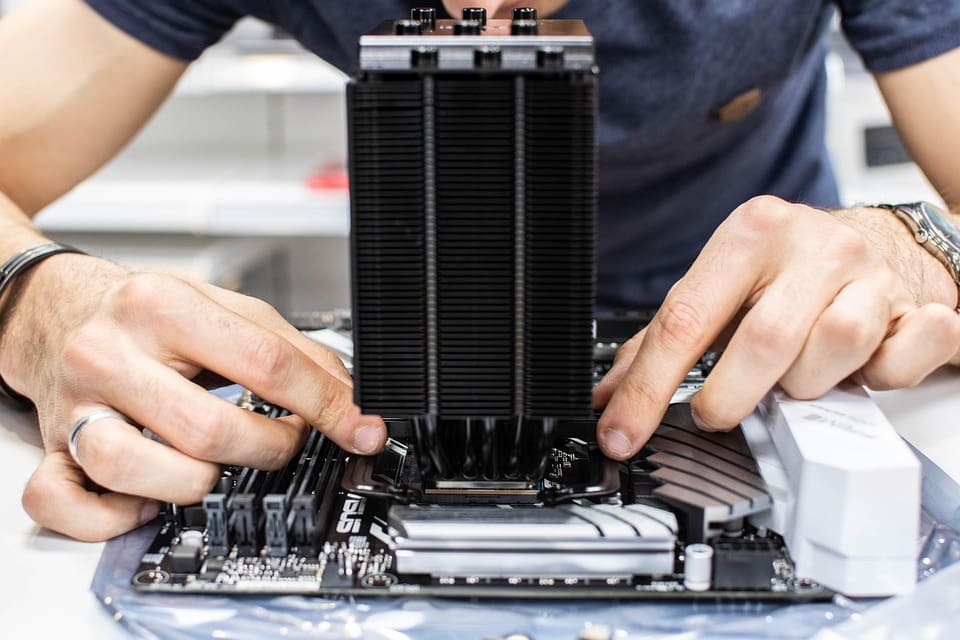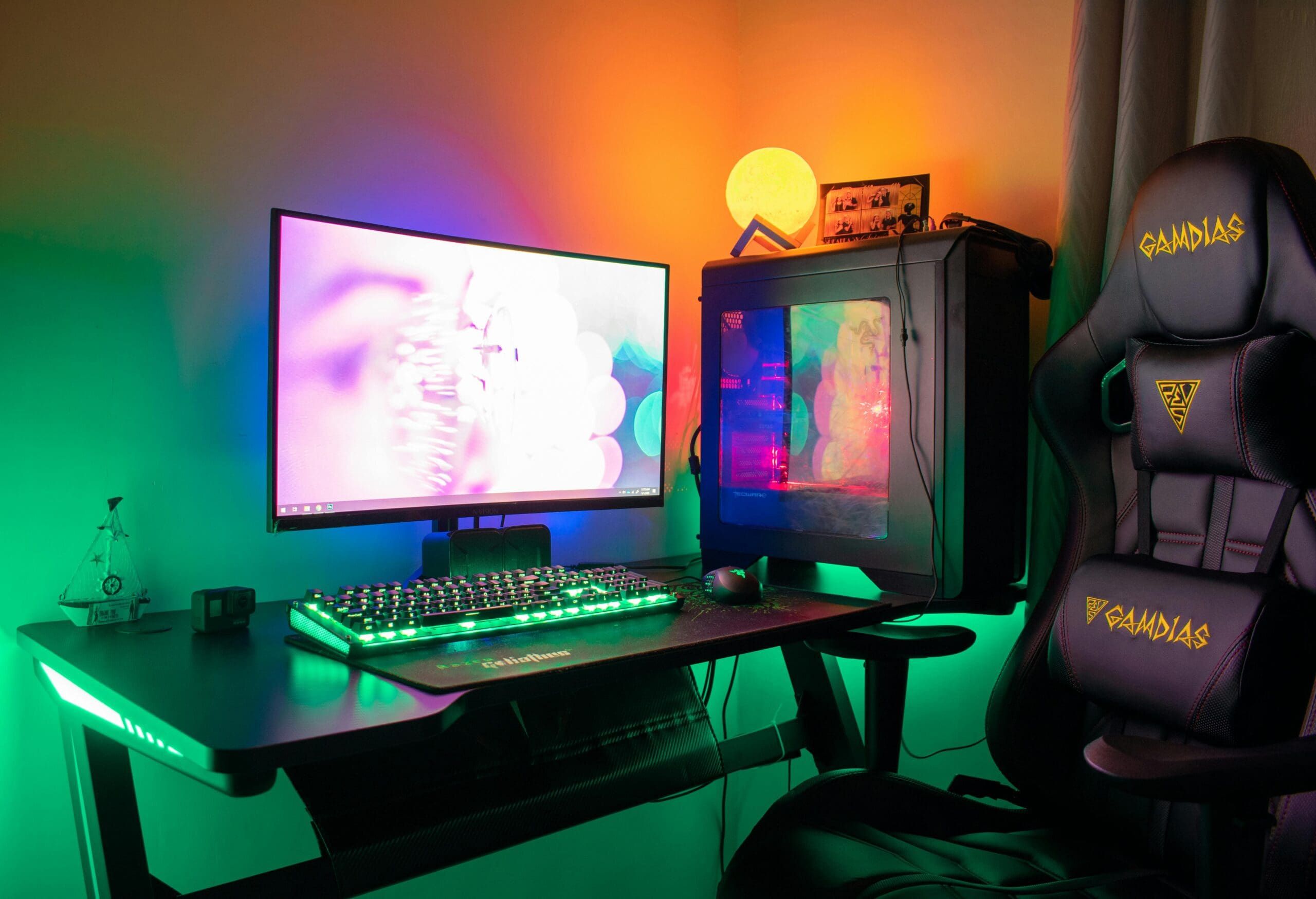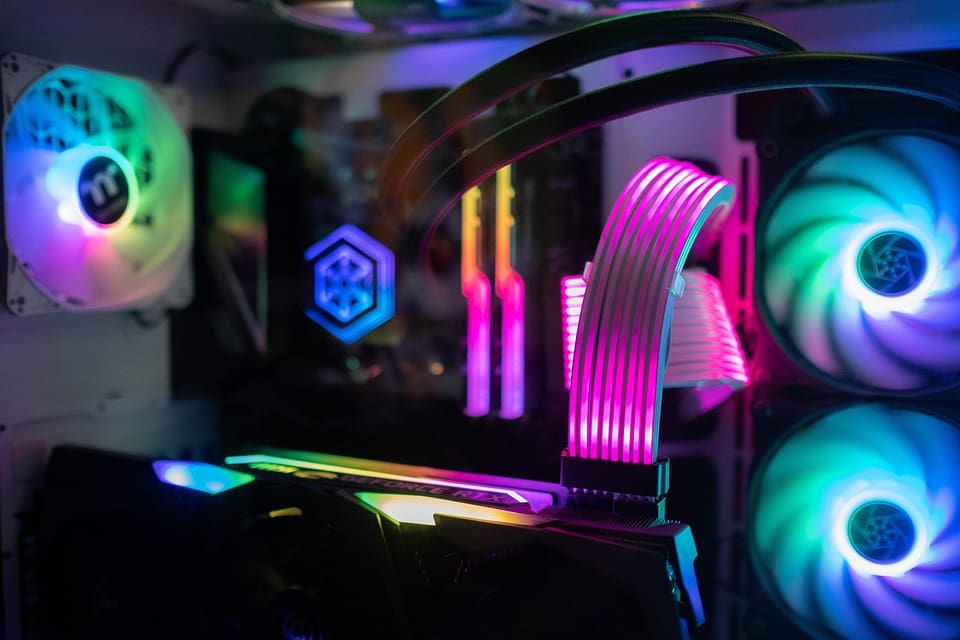Introduction
Gaming PCs require proper setup, optimization, and maintenance to perform at their best. In this guide, we’ll cover essential tips and tricks to help users maximize their gaming experience.
Why This Topic Matters
Understanding Overclocking Made Simple: Tips and Tricks for Beginners is crucial for PC gamers and builders. Poor setup or lack of knowledge can lead to performance issues, overheating, or hardware failures. Here’s why this topic is important:
- Performance Impact: How this affects FPS, load times, and system efficiency.
- Common Issues: What most gamers struggle with when dealing with this component or setup.
- Long-Term Benefits: How optimizing or maintaining this aspect improves PC longevity.
Step-by-Step Guide / Essential Tips
1. Understand Your Hardware:
Before diving into overclocking, it’s essential to understand the capabilities of your hardware. Check your CPU and GPU specifications to see if they are overclockable. Not all hardware is designed for overclocking, so make sure you do your research beforehand.
2. Use Reliable Software:
When overclocking, it’s crucial to use reputable software tools to adjust your settings. Programs like MSI Afterburner, EVGA Precision X, or AMD Ryzen Master are popular choices among gamers. These tools allow you to monitor your system’s performance and make adjustments safely.
3. Start Slow and Monitor Temperatures:
When overclocking for the first time, it’s best to start with small increments. Increase your clock speeds gradually and monitor your system’s temperatures to ensure stability. Running stress tests like Prime95 or FurMark can help you determine if your overclock is stable.
Common Mistakes to Avoid
- Not Following Best Practices: One common mistake users make is not following best practices when overclocking. This can lead to instability, crashes, or even hardware damage. Always do your research and follow recommended guidelines.
- Overlooking Compatibility: Another mistake is overlooking compatibility issues. Make sure your hardware, software, and settings are compatible with each other to avoid conflicts that could affect performance.
- Skipping Regular Maintenance: Neglecting regular maintenance, such as cleaning your system or updating drivers, can lead to performance degradation over time. Make sure to keep your system clean and up to date for optimal performance.
Advanced Optimization Tips
For experienced users looking to push their system’s performance even further, here are some advanced optimization tips:
- Experiment with voltage settings to achieve higher overclocks.
- Consider delidding your CPU for better thermal performance.
- Invest in high-quality cooling solutions like liquid cooling for improved stability.
Final Thoughts
By following these tips, users can improve their PC’s performance, longevity, and gaming experience. Whether they are beginners or experienced gamers, optimizing Overclocking Made Simple: Tips and Tricks for Beginners ensures smoother gameplay and better system stability.
💬 What has been your biggest challenge with Overclocking Made Simple: Tips and Tricks for Beginners? Let us know in the comments!


